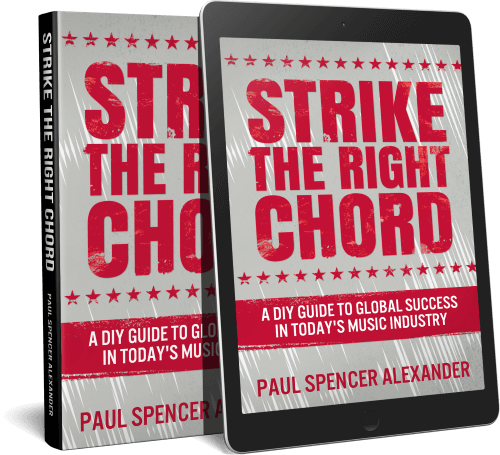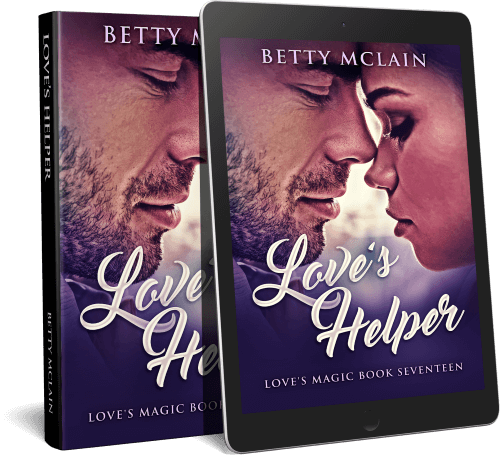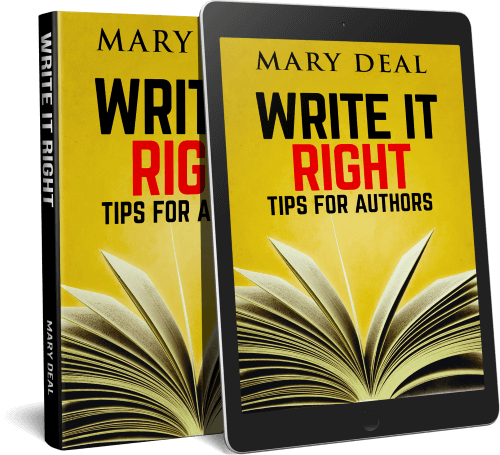Strike The Right Chord - A DIY Guide to Global Success in Today's Music Industry
Strike The Right Chord - Book excerpt
The Name of Your Song Makes a Huge Difference
Naming your songs, and the use of (maybe surprising) keywords, will put you at a huge advantage in gaining attention for you and your music—far beyond what you might think.
Take Note: Don’t worry, I will not be teaching you anything that suggests you alter your actual songs or musical material. That’s the beauty of it. Your completed work is your completed work.
Some of the following information can be used in all online marketing, but in this chapter, we focus on online digital music streaming services/digital music sales platforms. How you name your songs, as well as the keyword suggestions I point out, can:
· Dramatically increase your streams and sales across multiple digital music platforms.
· Provide you with superior online ingestion.
· Heighten music industry interest in you.
· Bring you increased press attention and fan visibility.
This chapter will teach you:
· The importance of the name for your music.
· How to use names to tell fans what to expect in your music.
· How to use keywords in names to help fans find your music in searches.
· How using the correct terms for your genre can generate more interest from micro-targeted, niche music fans actively looking for your musical style—and even those not necessarily looking for your style.
· The importance of using the correct terms and keywords where you might choose to name your musical materials, singles or albums differently, so that when these niche music lovers go searching for your style, you may pop up higher than other artists who have not learned these secrets.
Using these strategies, you end up potentially getting paid more for a larger number of streams of your song by people searching in your genre—and those not searching in your genre.
I would feel remiss if I did not explain the importance of getting your songs properly named—so they receive the biggest chance of increasing possible sales and streams across major retailers online.
As I said above, the information I am about to share is not meant to persuade you to alter any of your titles in any way. As an artist myself, who has been around the block in music, music publishing and music-related films and awards, I am the last person who would ever want you to compromise the names of your titles. However, the reality is, in terms of potentially increasing music sales, sometimes you should rename your songs. Whether to do so is entirely up to you.
If you do choose to rename your songs, the naming and keyword strategies below will help you reach even people who are not fans of your musical style but might be intrigued enough to listen to your song. And you will get paid for the stream even if the listener does not become a fan of yours, although there is always a chance that they will become fans. I will also be discussing in later chapters how these naming strategies are instrumental in increasing your visibility and sales on all digital sales and distribution platforms.
Music fans are often more diverse in their musical tastes than we can imagine. This is where you come in. Life isn’t easy. I am here to remind you that our stressed-out society needs your music and your message. This is why choosing the names of your songs carefully is so important. People are looking for a message in the title of a song that sparks their curiosity, regardless of the music’s genre. People are looking for a solution to life’s problems. As a singer, songwriter or musician, you provide that solution to them.
How Naming Your Music Affects Sales
You’ll recall earlier in the chapter, I mentioned how the naming of your piece can have a huge impact on sales. There is a very little-known strategy that applies, and the dollar amount of your payments might be affected by your choice of name. Therefore, I, again, encourage but not require you to choose or change the names of your songs very carefully.
To begin with, you must tell music fans something about your song before they hear it. You want to have a song title that has an encouraging message of some kind that might tempt die-hard music lovers to take the chance and stream your song, even if you are not included in their favorite genres. You can do this within the song’s title. But there are tricks to doing this that you might not be using to maximize interest by music fans of other genres to listen to your song.
For example, if your chorus starts with the words, “Time, time, time” in an explosive manner, you might mistakenly name the song “Time.” It’s likely that time as the beginning of your chorus is a “sweet spot” that feels good to you as the artist. And your hope is that if it feels good to you, it will feel great for the music fan. The problem is that this tells a potential listener nothing about the song.
However, if the next word or section of the chorus is “I Promise You a Child,” consider that there are millions of women and men, in our country alone, who are trying to have babies, but are having trouble conceiving. They are feeling depressed.
This is where you come in to help. You might be an up-tempo pop artist, while they prefer hard rock or heavy metal. But if they reach a station that has your song on it and it says “I Promise You a Child,” people in pain as they try to have a baby but have had problems conceiving might sacrifice the 3.5 minutes to stream your song in an effort to cheer themselves up and give themselves some possible inspiration or hope. They will know that, at worst, if they sacrifice 3.5 minutes of streaming your song and it’s not their favorite, they’ve wasted no significant time. Yet, you still get paid for the stream and the stream came from a die-hard, hard rock or heavy metal fan who would not otherwise even have listened to a pop song. They might even enjoy it and want to keep hearing it in their collection. After all, musical tastes that are diverse are also, indeed, eclectic.
In this example, “I Promise You a Child” is part of the chorus—words you believe in—and it tells the listener something about the song, which might cheer someone up and entice them to stream it. You have helped them—and yourself as well by getting paid for the stream.
If you are an instrumentalist, you might not want to just pop up with the first word or image that comes to mind regarding a specific instrumental or album title. This is something we all have done. Instead, be creative and name the instrumental in a way that reaches out to a certain portion of people in the marketplace who could respond to that song name by listening to it. Thinking seriously about the mood of the instrumental and its style can give a partial helping hand, but you will still need to decide the best name that resonates with that mood and style as you think of a larger, open group of listeners who you might not have reached before.
You want a verbal title of the instrumental that creates a metaphorical, half-second “story introduction,” that sparks the imagination of a potential fan’s idea of what a wordless song might feel like. You want to pique their curiosity in what they’ll hopefully feel in a song with no lyrics.
The greatest example I can think of regarding a truly amazing, heavy rock-and-roll instrumental and music video is Joe Satriani’s “Summer Song.” He thought about this name carefully. The result? It is truly a summer song and was a major hit that had no lyrics or words in the song. Who would not want to listen to a “Summer Song?” The title alone tells us so much about what Joe Satriani’s song is about—or at least how we might feel—and many will be tempted to listen to it only to love it, without even knowing beforehand whether it had lyrics or not! So, carefully consider your song title if you are an instrumentalist or singer-songwriter.
Your Message in a Name
Now, let’s say you are new to the music industry, and you write a brilliant hard rock or heavy metal guitar instrumental single or album and want to submit it to Spotify and other digital music providers. As an alternative to a name that resonates with the mood of your single or album, you might want to name the single or album with your name as the artist, followed by the type of music style or instrument you play in the song. As an example, there is nothing stopping you from titling your song, “Your Name: Hard Rock Guitar Instrumental” or “Your Name: Heavy Metal Guitar Instrumental,” if this is your specific style and you are trying to get known to music fans. As a bonus, you will have titled your song with a musical style that is often entered into search engines by hungry music fans.
There is nothing wrong with giving your song a common name, even if it is the same as a frequent name for a musical style typed into the search engines. Your actual recording retains its integrity as long as that’s your song’s true genre. This not only helps music fans who search for these specific musical styles, for example, on Spotify, but you may stand a chance of showing up “higher” on Spotify for potential fans who will provide you with paid streams while the actual body of musical work contained in your musical product doesn’t change.
Once again, I am not pushing you to alter your artistic vision, but I am suggesting that it’s wiser from a keyword searchability and marketing standpoint to earn you more money for paid streams while not having to alter your actual material!
Remember, you can title your work by your type of music genre. No one has specific dibs on titling their work according to a specific genre! If you write piano ballads as either an instrumentalist, or a singer-songwriter who writes piano ballads with vocals, you can still call your album Piano Ballads, which can still encompass an entire album or single. If you are willing to do this then, once again, when a music fan searches for “piano ballads” or “piano ballad” in Spotify, you may rise up higher in their search. Or you can name an album Pop Music or New Pop Music for the sake of reaching Spotify users.
Other useful keyword phrases, which could also be used as album names are
· Symphony Music
· Classical Symphony Music
· Hard Rock
· Heavy Metal
· New Hard Rock
· Opera
· New Opera
· Opera Singer
The possibilities are endless. A sale is a sale, and your key goal is to sell.
In closing, every song-naming strategy I’ve mentioned above can be employed for all digital distribution channels, and for all your albums, EPs and singles. You need to see the naming of your songs in a whole new light, as opposed to creating a vague name for a song in just one second. You can choose a name that tells music enthusiasts something intriguing about what they are about to hear, to inspire them to click on the song and stream it. If you don’t, you’ve missed an opportunity for a paid stream or repeated streams—often by the same person who is not normally into your genre.
I’ve shared this lesson with you so that you can create more sales of your music. After all, potential listeners might not be enticed at first to stream your song. Entice them with a great song title that, ideally, can speak to a person or a certain group of people. And use the specific musical style strategies, if you choose to, so that you can name your albums or a single according to what a Spotify fan specifically loves and will type into their search box. As always, the choices are yours. Whatever you decide to do, I say, “Go get ’em!”
















Praesent id libero id metus varius consectetur ac eget diam. Nulla felis nunc, consequat laoreet lacus id.